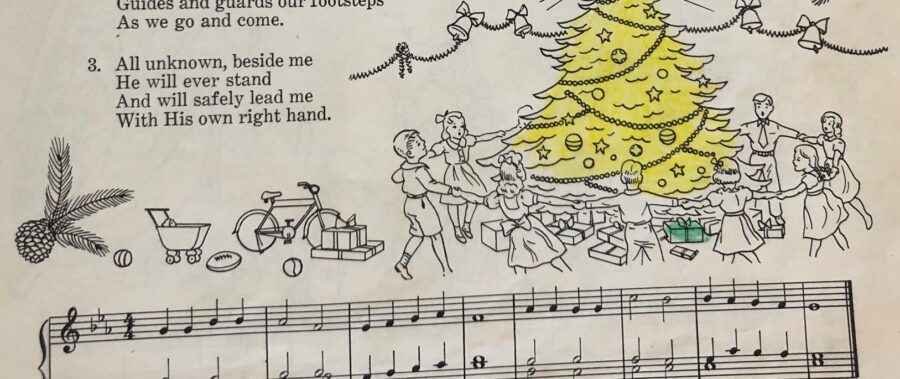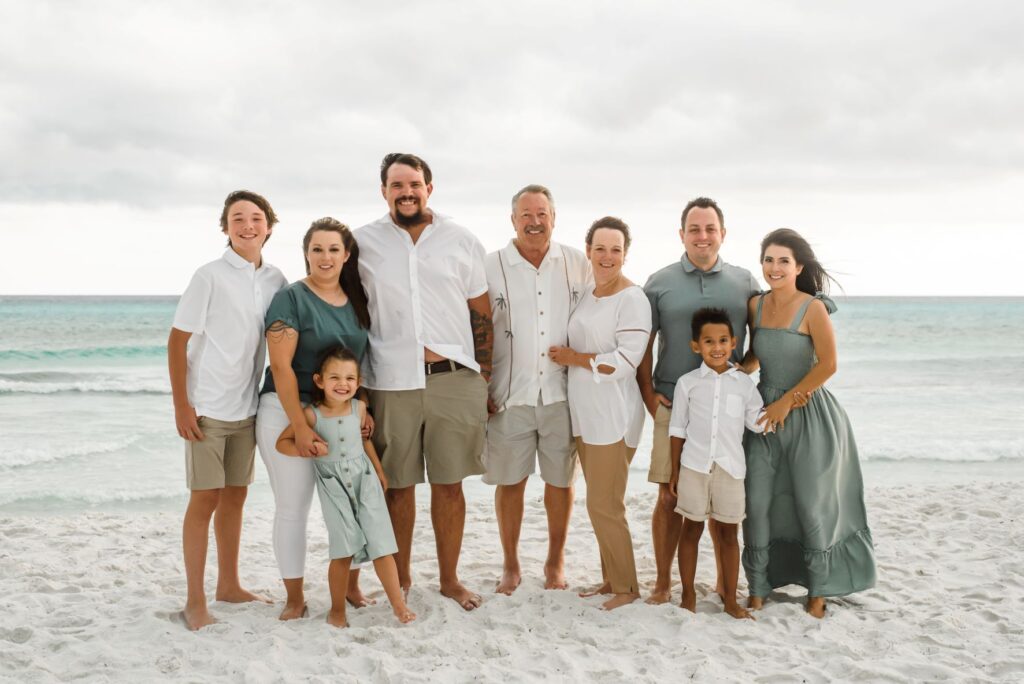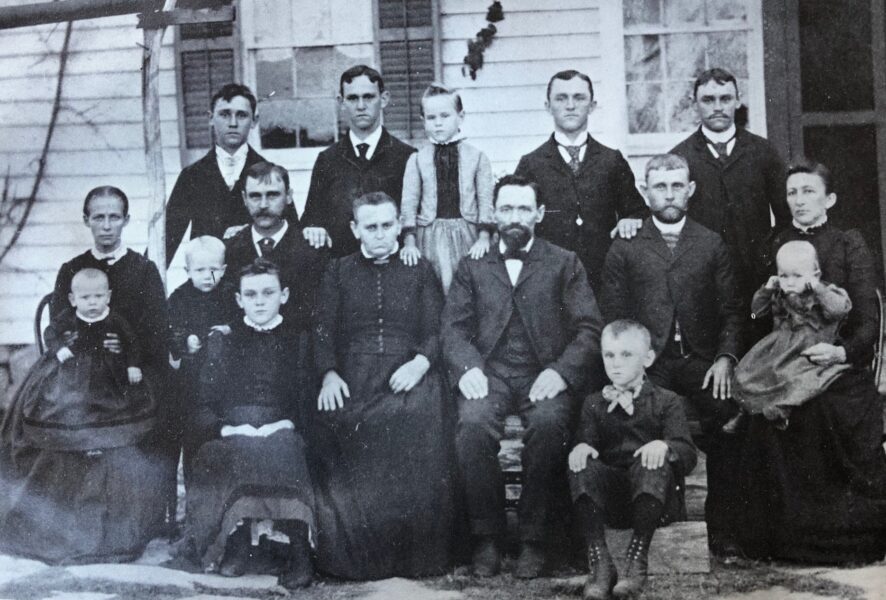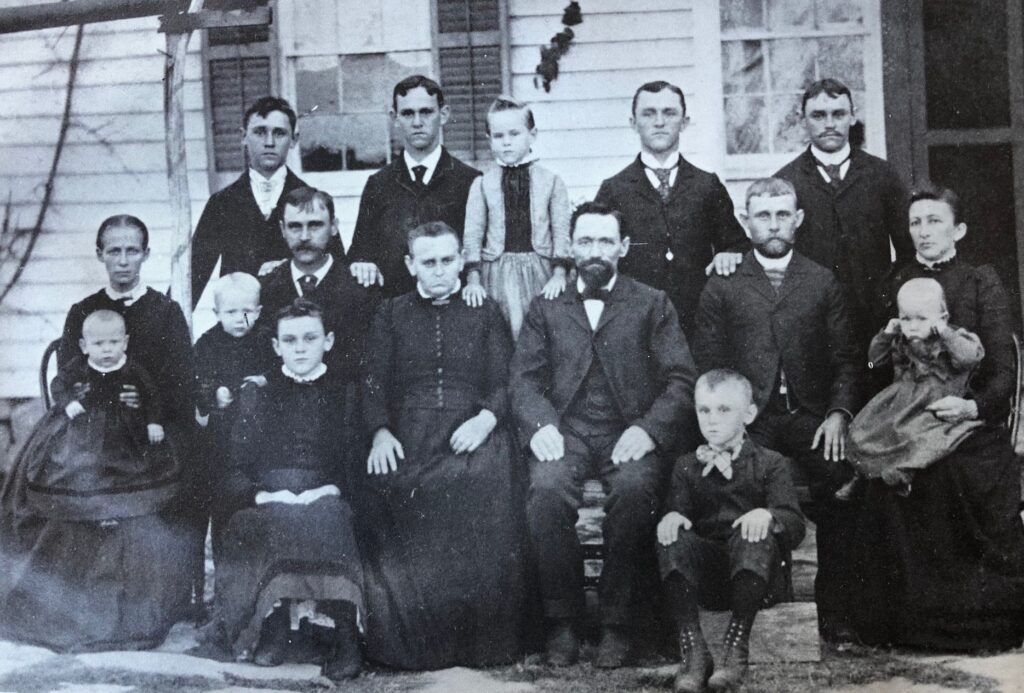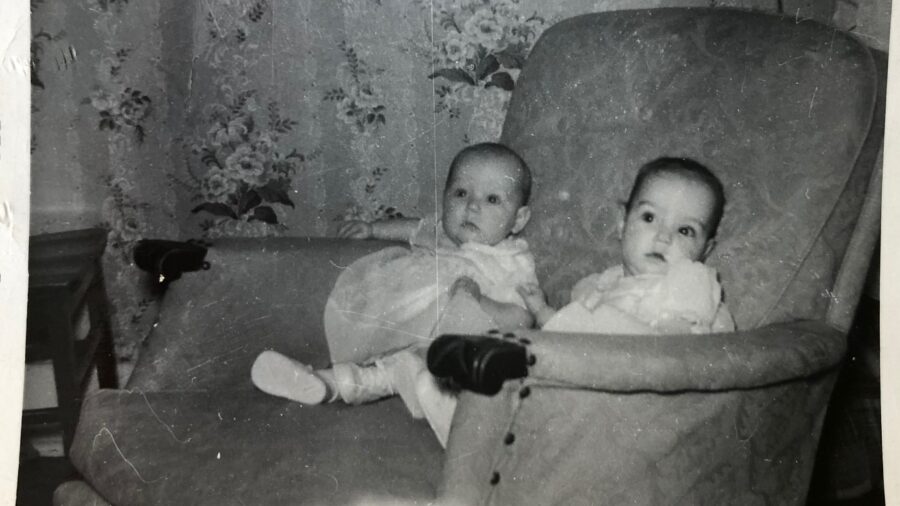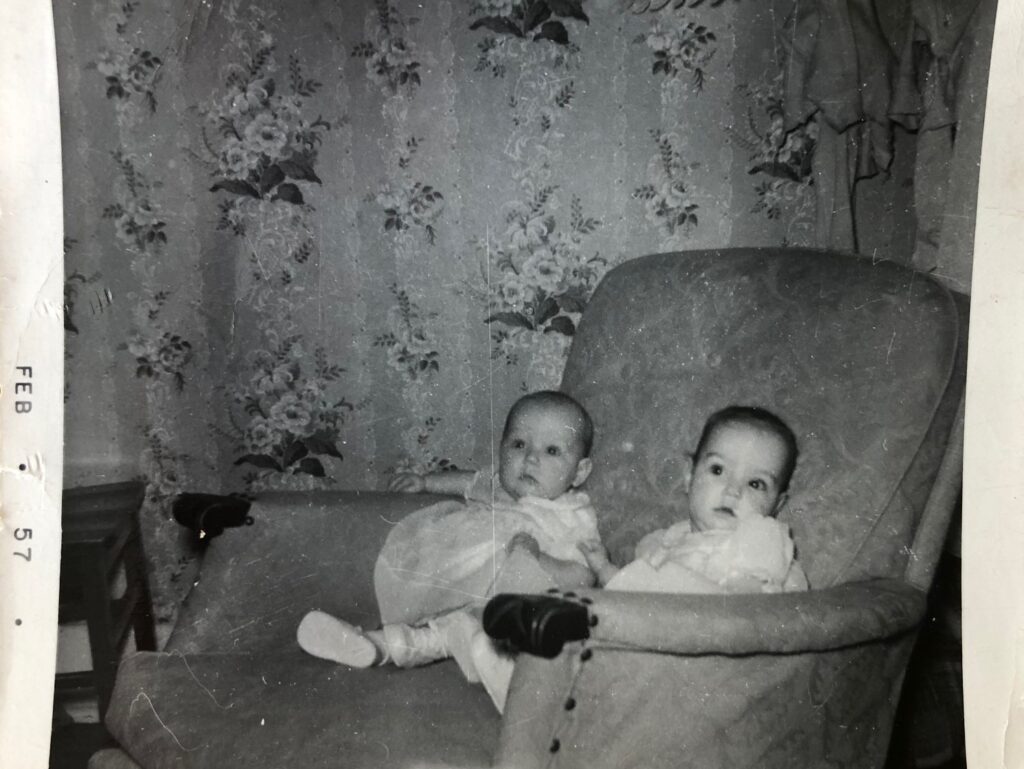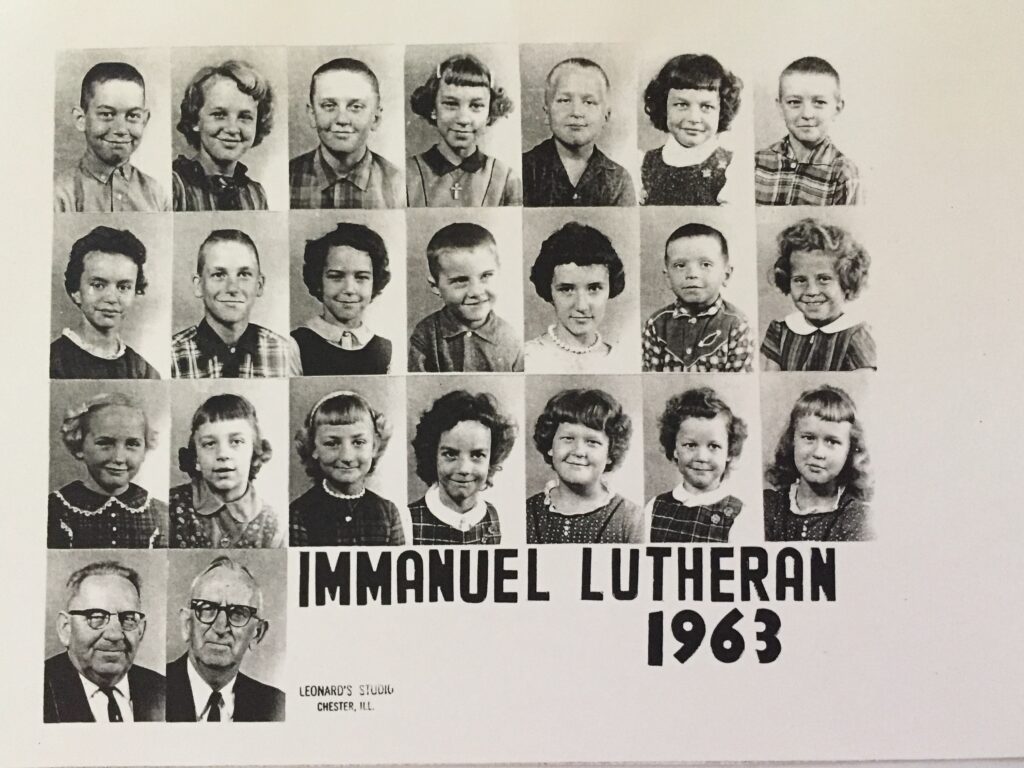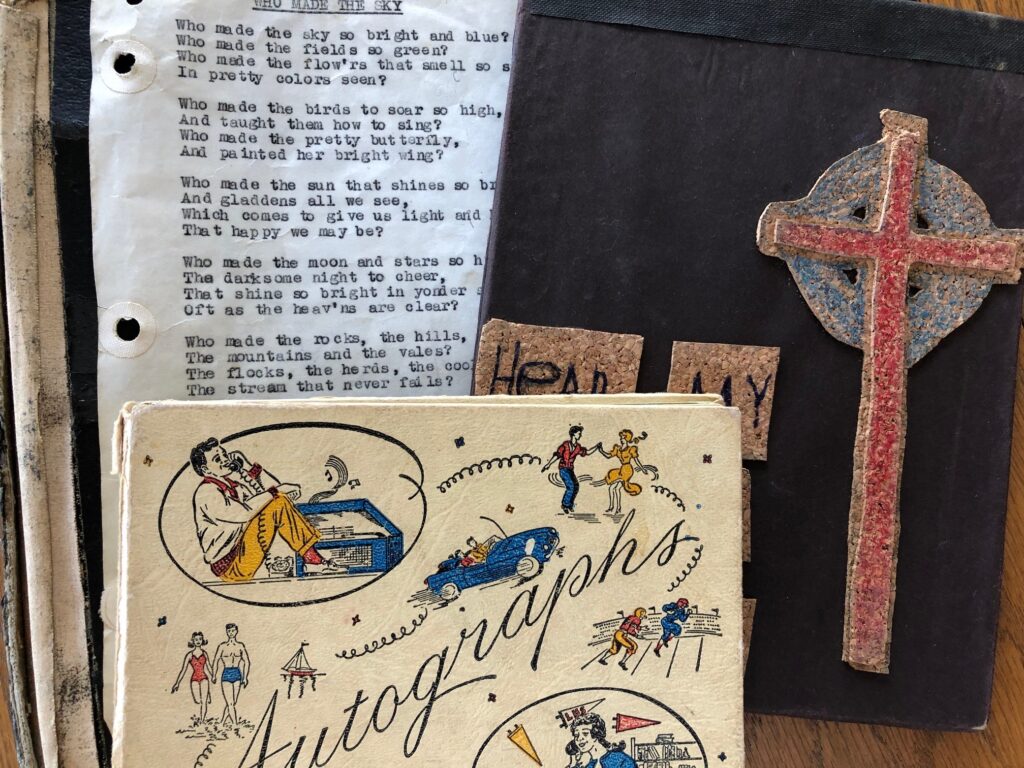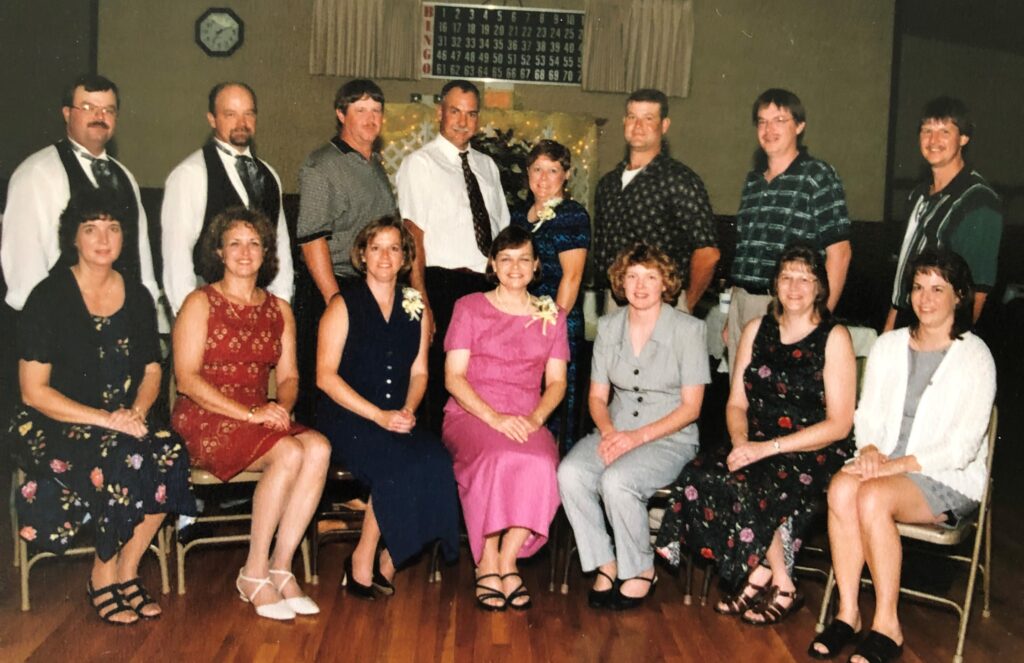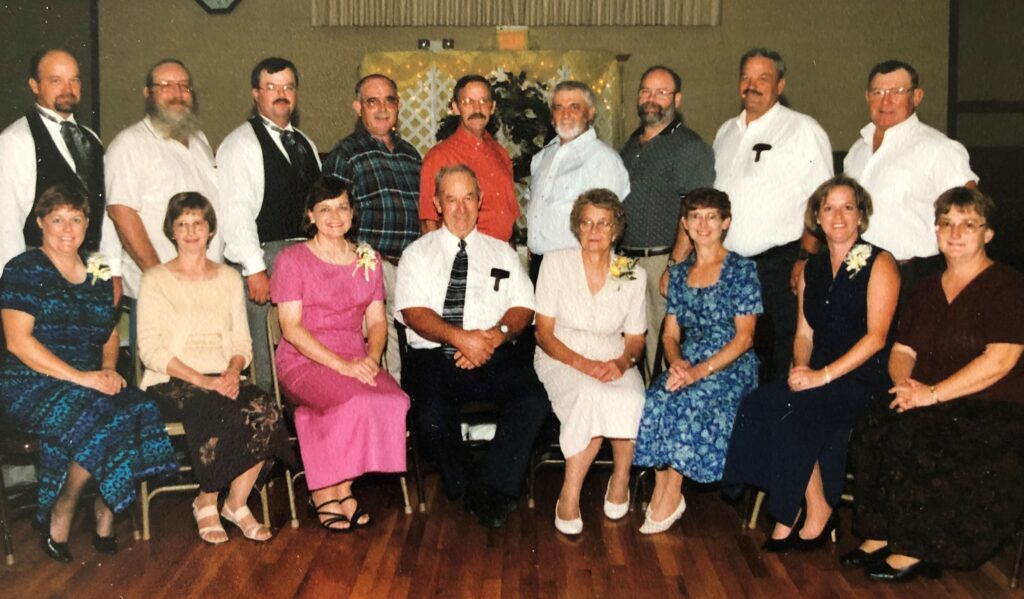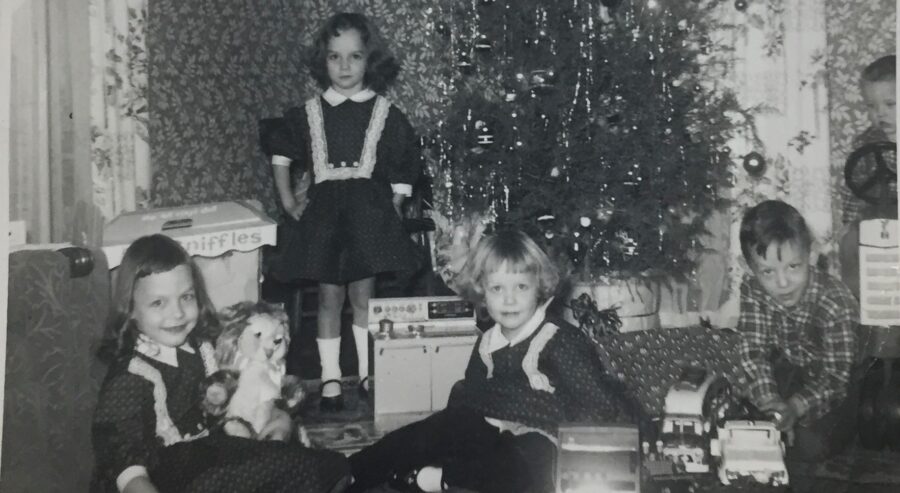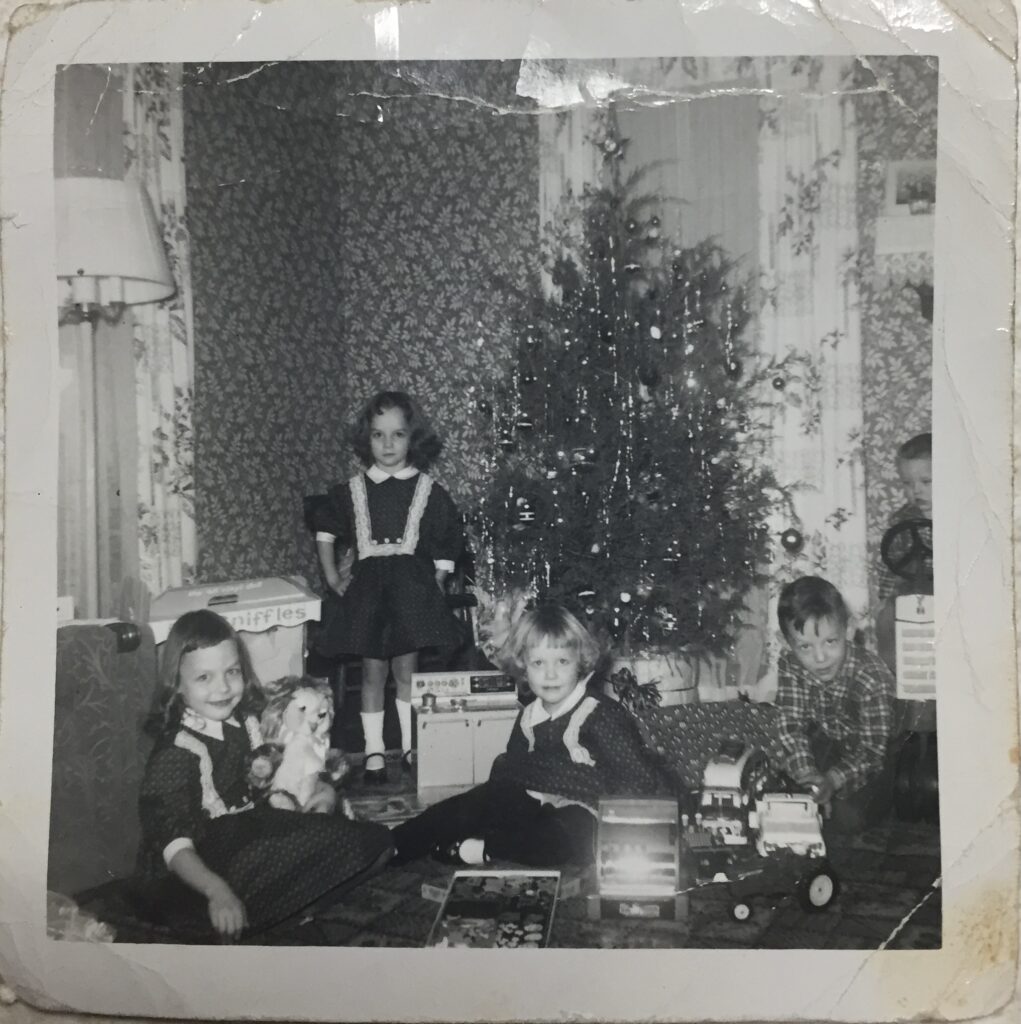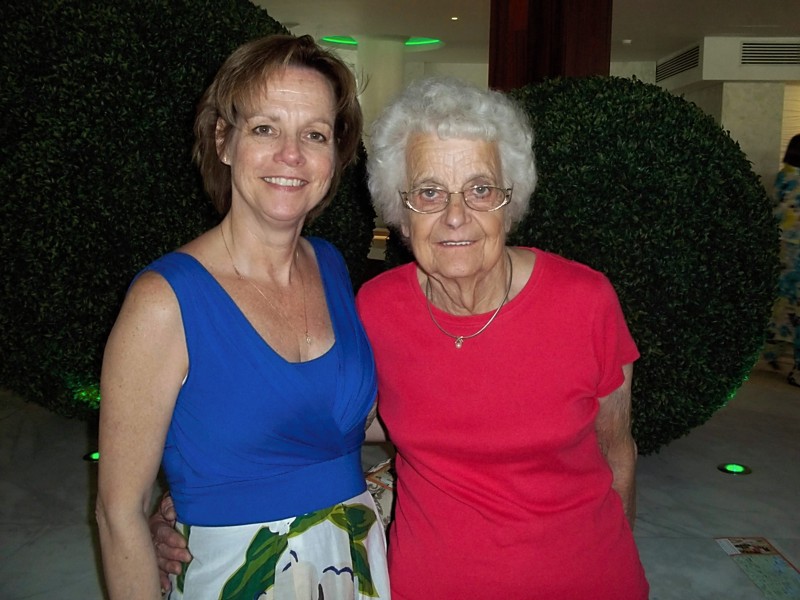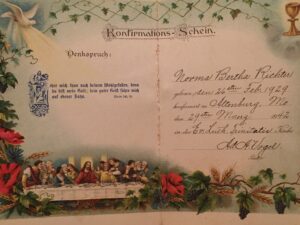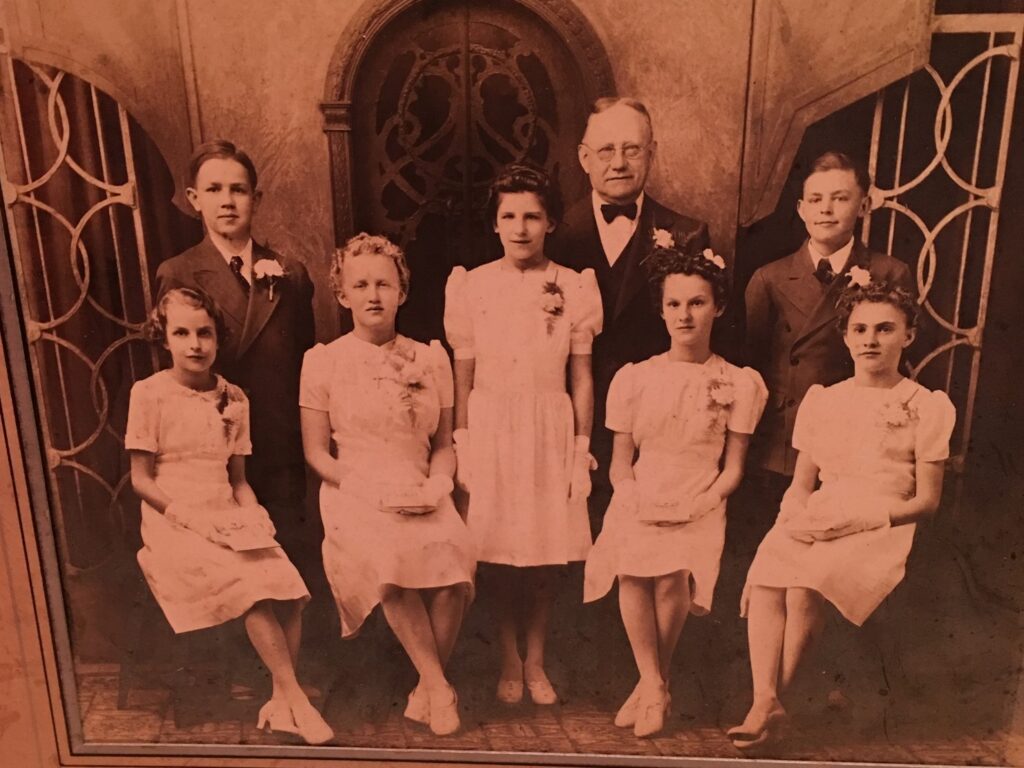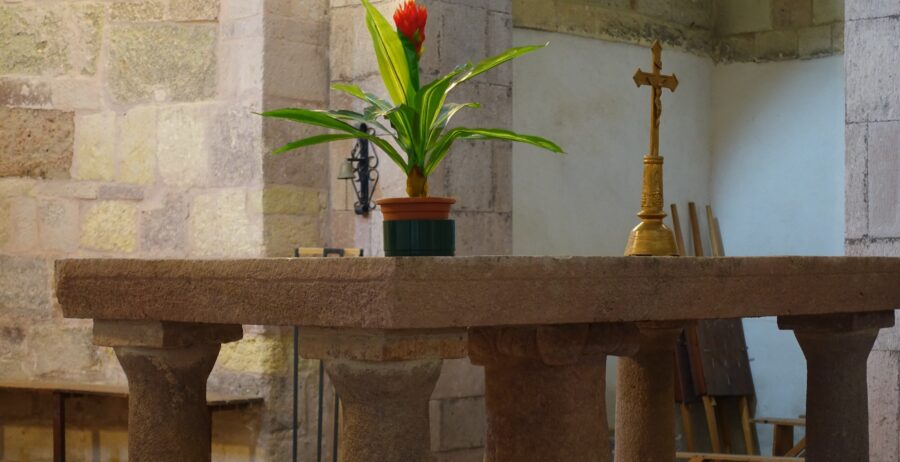Throughout my life, the writers of songs and hymns have helped me press down big truths into simple context so I can absorb it. Added to this is the great benefit of being brought up in a Christian home where we sang as children, for it never leaves you. And so, as we come into another Christmas season, as we prepare to turn the calendar to another year, I found myself going to my childhood.
As each happy Christmas, Dawns on earth again
Comes the holy Christ Child, To the hearts of men.*
I don’t know about you, but it still draws me: Jesus, the Son of God, coming to this earth, growing up, moving among the people, transforming lives. It’s staggering.
Jesus Christ is the same yesterday and today and forever. Hebrews 13:8
Bible teacher Charles Swindoll wrote, “On that first Christmas, the divine Son of God took His first human breath as He entered humanity as one of us. The moment of Jesus’ birth was an event like none other in history. It changed the world forever. Its appeal was … and still is … irresistible!”
All unknown, beside me He will ever stand
And will safely lead me, With His own right hand.
(*As Each Happy Christmas, circa 1885)
Changes come and go, don’t they? When we part from family, from our friends, we don’t know what may affect us, or them, before we meet again. Yet the promise that Jesus remains beside us through the unknown is as certain today as it was yesterday.
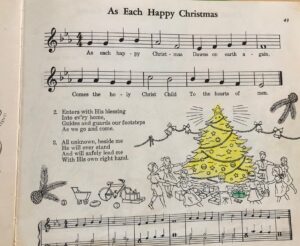
With their children all in school now, my son and his wife and my daughter and her husband are experiencing the joys and responsibilities of raising children in the 21st century. My husband I had a fun visit in October with his brother and sister-in-law from Arizona. The boys reminisced, taking us on tour through favorite stomping grounds growing up. At Thanksgiving we had one more empty chair at the dinner table that was always filled by my sister’s husband who passed away in September. Still, crawling underfoot to remind us of those who will come after us was my nephew and his wife’s one-year-old son.
All glory to the Son, Who comes to set us free,
With Father, Spirit, ever one, Through all eternity.
(The Advent of Our King, Charles Coffin, circa 1736)
Who is in charge of “forever”? The One who from eternity to eternity is the same yesterday and today.
We are each going through changes. The heavens and the earth will pass away, but from everlasting to everlasting the Lord’s deep, abiding love is with those who fear the Lord. Because God has said “I will never leave you,” we can confidently say “I will not fear.” (Hebrews 13:5-6)
Cutting My Teeth on Christmas Blog
No halo graced the head of Jesus when He was born on earth in yesteryear — this baby, God in the flesh, the eternal Son of God who came to save us from sin. God continues to walk into our lives today when we least expect Him, and His surprises still bring relief.
When we say yes to God’s will for our lives, God floods our hearts with relief. And, oh, the joy that God’s peace brings to our hearts!
Have you said “yes” to the One who holds yesterday and today and forever?
Merry Christmas!
Sources:
Jesus – Always Only, Alistair Begg
The Season That Still Touches Hearts, Charles Swindoll
